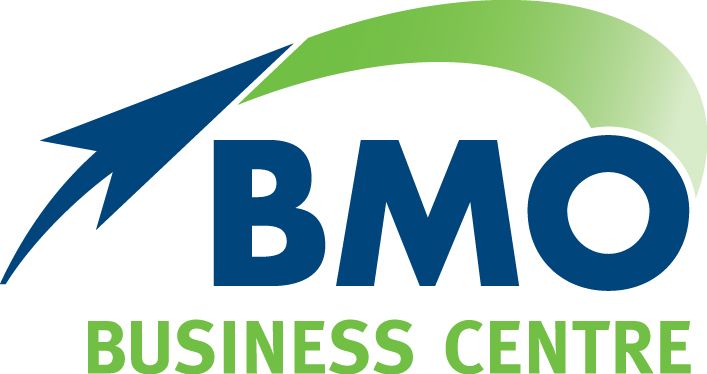How super contributions and withdrawals are taxed
How much tax you pay on your super contributions and withdrawals depends on:
- your total super amount
- your age
- the type of contribution or withdrawal you make
If you inherit someone’s super after they die, the person’s super fund pays you a super death benefit. You may have to pay tax on some of this benefit.
Because everyone’s situation is different, it’s always best to get advice about tax matters. Contact the Australian Taxation Office (ATO) or us.
How super contributions are taxed
Money paid into your super account by your employer is taxed at 15%. So are salary-sacrificed contributions, also known as concessional contributions.
There are some exceptions to this rule:
- If you earn $37,000 or less, the tax is paid back into your super account through the low-income super tax offset (LISTO).
- If your income and super contributions combined are more than $250,000, you pay Division 293 tax, an extra 15%.
If you make contributions from your after-tax income — known as non-concessional contributions — you don’t pay any contributions tax.
See tax on contributions on the ATO website for more information about how much tax you’ll pay on super contributions.
To avoid paying extra tax on your super, make sure you give your super fund your Tax File Number.
How super investment earnings are taxed
Earnings on investments within your super fund are taxed at 15%. This includes interest and dividends less any tax deductions or credits.
How super withdrawals are taxed
The amount of tax you pay depends on whether you withdraw your super as:
- a super income stream, or
- a lump sum
Everyone’s financial situation is unique, especially when it comes to tax. Make an informed decision. We recommend you speak to us to get financial advice before you decide to withdraw your super.
Super income stream
A super income stream is when you withdraw your money as small regular payments over a long period of time.
If you’re aged 60 or over, this income is usually tax-free.
If you’re under 60, you may pay tax on your super income stream.
Lump sum withdrawals
If you’re aged 60 or over and withdraw a lump sum:
- You don’t pay any tax when you withdraw from a taxed super fund.
- You may pay tax if you withdraw from an untaxed super fund, such as a public sector fund.
If you’re under age 60 and withdraw a lump sum:
- You don’t pay tax if you withdraw up to the ‘low rate threshold’, currently $230,000.
- If you withdraw an amount above the low rate threshold, you pay 17% tax (including the Medicare levy) or your marginal tax rate, whichever is lower.
If you have not yet reached your preservation age:
- You pay 22% (including the Medicare levy) or your marginal tax rate, whichever is lower.
See the super lump sum tax table on the ATO website for more detailed information.
When someone dies
When someone dies, their super is usually paid to their beneficiary. This is called a super death benefit.
If you’re a beneficiary, the amount of tax you pay on a death benefit depends on:
- the tax-free and taxable components of the super
- whether you’re a dependent for tax purposes
- whether you take the benefit as an income stream or a lump sum
See super death benefits on the ATO website for detailed information or contact us today.
The information in this article does not take into account your objectives, needs and circumstances. We recommend that you obtain investment and taxation advice specific to your investment objectives, financial situation and particular needs before making any investment decision or acting on any of the information contained in this document. Subject to law, Capstone Financial Planning nor their directors, employees or authorised representatives gives any representation or warranty as to the reliability, accuracy or completeness of the information; or accepts any responsibility for any person acting, or refraining from acting, on the basis of the information contained in this document. Principal Wealth Management Pty Ltd trading as BMO Financial Solutions ABN 53 109 336 601 is a Corporate Authorised Representative (CAR 277821) of Capstone Financial Planning Pty Ltd ABN 24 093 733 969 Australian Financial Services Licence (AFSL) No. 223135.
The post How super contributions and withdrawals are taxed appeared first on BMO Accountants.
Contact Us
BMO Dalby
By Mail:
PO Box 180
Dalby Qld 4405
In Person: 178 Drayton Street (access via Hogan Street)
Dalby Qld 4405
BMO Charleville
By Mail:
PO Box 198
Charleville Qld 4470
In Person: 58 Alfred Street
Charleville Old 4470
BMO Roma
By Mail: PO Box 300 Roma Qld 4455
In Person: 137 McDowall Street Roma Qld 4455
Office Hours:
Monday – Thursday 8am – 5pm and Friday 8am – 3pm
PH: 07 4662 3722
FAX: 07 4662 5975
Useful Links
Stay in Touch
Footer Contact Form
We will get back to you as soon as possible
Please try again later
Contact Us
BMO Dalby
By Mail: PO Box 180 Dalby Qld 4405
In Person: 178 Drayton Street (access via Hogan Street) Dalby
BMO Charleville
By Mail:
PO Box 198
Charleville Qld 4470
In Person: 58 Alfred Street
Charleville Old 4470
BMO Roma
By Mail: PO Box 300 Roma Qld 4455
In Person: 137 McDowall Street Roma Qld 4455
Office Hours: Monday – Thursday 8am – 5pm and Friday 8am – 3pm
PH:
07 4662 3722
FAX: 07 4662 5975
Footer Contact Form
We will get back to you as soon as possible
Please try again later
All Rights Reserved | BMO Dalby | Website design & development by Hey Marketing


